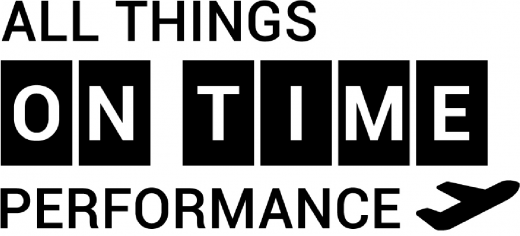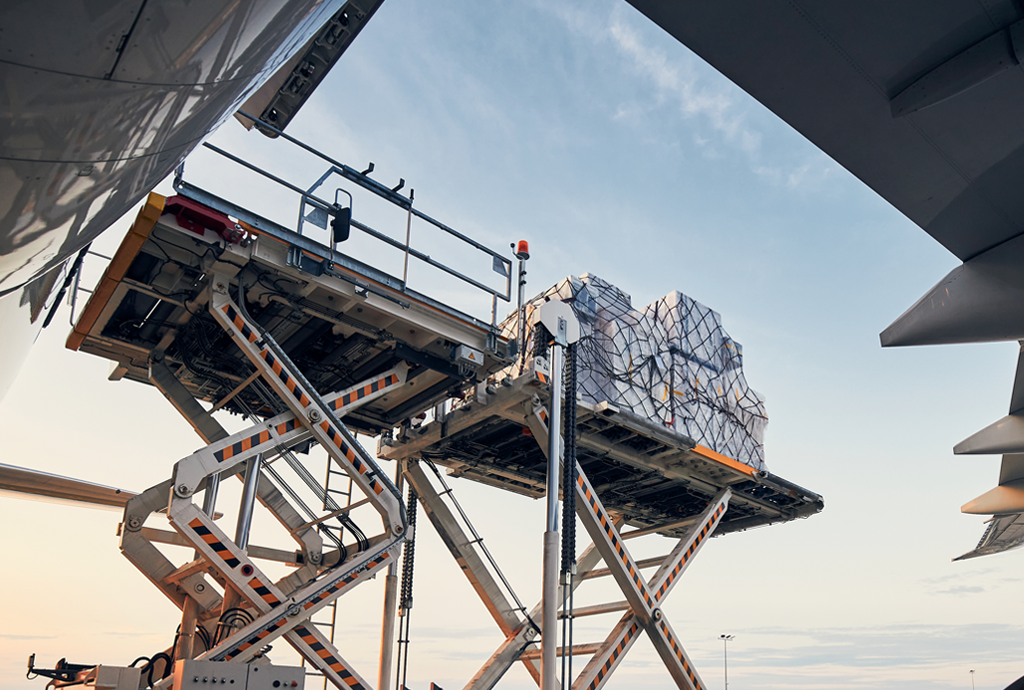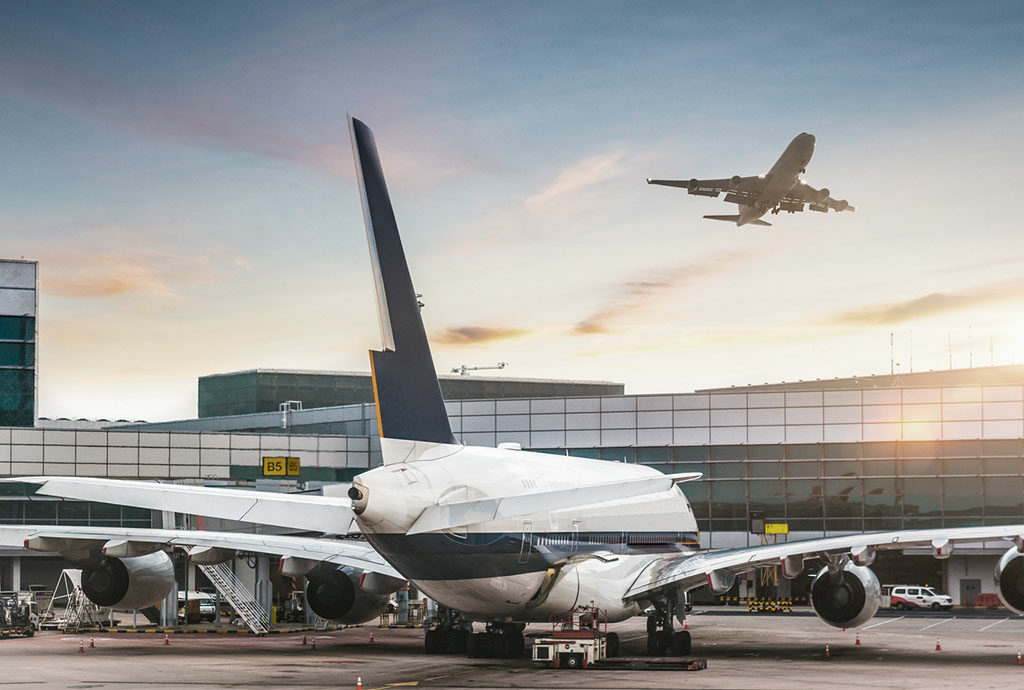Summer Travel 2021: How Can Airlines Prepare for Demand Take-off (vol. I)
After challenging months where carriers had to ground most of their fleets, optimism breaks out with an upturn in global capacity in recent weeks. Pent-up demand and the increase in vaccinations are moving planners to add more flights to their schedules. Read here how airlines can prepare for ramping up operations towards summer travel 2021.
Ready For the Ramp-up: How To Avoid Crowding At The Baggage Claim Area
Expecting busy days this summer, airports have been catching up on planning how to optimally distribute travelers across their facility. Once passengers are off of a flight, the baggage claim area is the location where overflows can hardly be avoided. Read here some strategies operators can put into practice to ensure minimum distancing by luggage pick-up.
4 Post-COVID-19 Strategies For Cost-Efficient Air Cargo Operations
Air cargo is in the spotlight. As the demand for time-critical shipments rises, handling airfreight loads is an opportunity for aviation to offset low passenger revenue. But to keep up with increasing airfreight volumes, the industry needs to move cargo more quickly and efficiently than ever. Read here strategies to improve air cargo operations.
4 Tips to Implement Technology at Airports Amid Budget Constraints
The pandemic has hit airports not only from an operations standpoint, but also from a customer perspective. While experts agree that the industry will restart gradually, the question is how to build back with the existing capacity. Innovation can help to adapt and meet new requirements. Read our tips to implement technology at airports in times of financial constraints.
Technological Innovation: A Core Strategy to Support Airport Recovery
From large hubs to small local airfields – the Coronavirus continues to challenge airports worldwide. With the focus on rebuilding passenger confidence in air travel, operators are looking at digitalization to meet airport recovery goals. New passenger behaviors highlight the importance of solutions that enable sanitation and physical distancing. Read here why leveraging technology is so important today.
Redefining Irregular Operations Amid COVID-19
Flight delays and cancellations are not only an inconvenience for passengers. They can bring aviation stakeholders high operational costs. With an ongoing pandemic that forces government regulations to change rapidly, the industry needs strategies to minimize the impact of flight disruptions. Read here, how operators can deal with irregular operations amid COVID-19.
Passenger Special Services: How to Make Air Travel Accessible in the New Normal
The pandemic has forced aviation to rethink the entire concept of travel. Strict sanitary measures are being implemented throughout the passenger journey like never before. As the world waits for full vaccine deployment, the industry should keep in mind how regulations affect travelers with reduced mobility. Read here, what are the challenges for passenger special services.
What are the Challenges for Air Cargo Companies in 2021?
With the eyes of the global community turning to the arrival of the COVID-19 vaccine, the aviation industry is gearing up to play a critical role in the distribution of millions of doses of it throughout 2021. From revamping handling procedures to adapting more and more passenger jets for cargo-only flights – what are the challenges for air cargo companies in the upcoming months?
The Power of Data: How to Plan Terminal Operations in the New Normal
Planning terminal operations has always been a complex matter. Today, the high variance in flight schedules and load factors, as well as the implementation of COVID-19 safety protocols, make it difficult to create accurate plans. In order to achieve more predictability, airports need to optimize the use of existing data. How? Find out here.
Aircraft Deicing 2.0: Mastering the Challenges of COVID-19
To ensure a safe take-off during the winter, operators place special attention on aircraft deicing. Since this process is time and cost consuming, it must be executed efficiently to avoid delays. Unlike previous years, the Coronavirus adds some complexity. Specifically, companies must comply with new safety regulations, while dealing with reduced capacity. How can these challenges be overcome?










